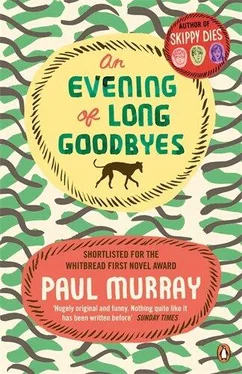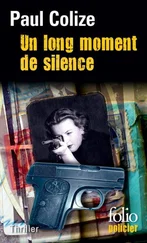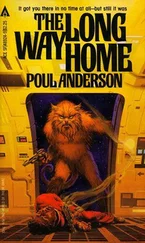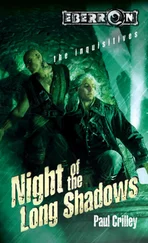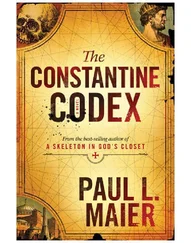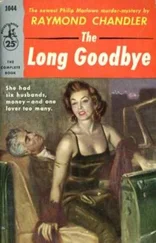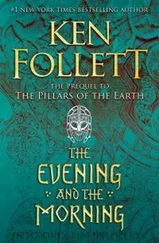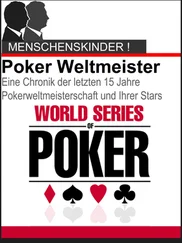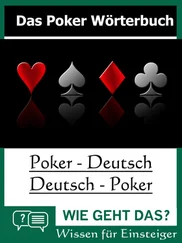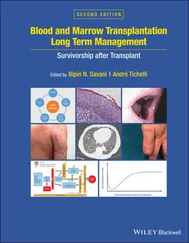I almost stalked straight into Mother, who was standing behind us regaling a group of dull-looking elderly people with one of her theatrical anecdotes, the one about the charity production of A Midsummer Night’s Dream with the children from the Polio School, when she’d first met Father. ‘I was playing Titania and he was Oberon, terr ibly handsome I thought, and then these children were to be the fairies, and we were quite at a loss because they were so eager to take part and yet most of them couldn’t walk , let alone dance…’
‘There’s a rum-looking fellow,’ a florid-faced gent beside her remarked.
‘That’s Charles.’ Mother’s tone altered abruptly. ‘I want a word with him, as a matter of fact — Charles! Charles!’
I was already quite aware that Mother wanted a word: that was why I had been very carefully avoiding her all afternoon, and why I now pretended not to hear and disappeared into the crowd, inasmuch as one can disappear when one’s entire head is wrapped in bandages. Eyes fell on me and slid off again like water; people made comments without even bothering to lower their voices, as though, because they couldn’t really see me, they assumed that in some way I wasn’t actually there . It was indescribably unnerving; and then to make matters worse, every so often I would catch sight of myself in the mirror, and flinch, and wish I really was invisible.
A few days previously, I had woken quite innocently from my coma to find my entire world turned upside-down — not by the bank, as had been expected, but by Bel, who had in my absence hatched a plan of her own to save Amaurot. ‘We’re going to turn it into a theatre,’ she’d told me. This was in hospital, the day I finally came to; I’d been groggy with painkillers, and the idea had seemed so conspicuously unhinged that although she explained at some length I hadn’t been quite been able to believe it. Tonight, confronted with the scheme’s first fruits — the house full of actors and wealthy patrons of the arts, the ballroom thrown open and fitted out with stage and lights and plastic seats — I still could not believe it. All I knew was that it was very, very important I find a drink.
Before I had got within twenty feet of the bar, however, Mrs P had made it clear by her expression that there was no chance of wheedling anything more out of her. I raised my hands, appealing for mercy; she merely stared, arms folded impassively. And so I had no alternative but to go about the room, lifting half-empty glasses from unsuspecting guests. I didn’t like it, needless to say. No one should ever have to steal drinks in his own house. But I did find I was rather good at it. I discovered that on some subliminal level people preferred to sacrifice their drinks than have to confront the grim reality of my appearance, and I exploited this principle ruthlessly. After a martini, two cosmopolitans and a brandy Alexander, I was feeling a little more like myself, sufficiently so to approach Mirela.
She was standing at the bar, wincing slightly under a frontal assault from Frank and Laura. She hadn’t taken off her greasepaint either, but it didn’t have the disorientating effect on her that it did on Bel: instead she looked enhanced, the colours of her face deeper and brighter — like a restored painting, I thought. I hadn’t realized in the Folly quite how beautiful she was; and — although it could just have been me mixing my drinks — she seemed with every second to be gaining in radiance, leaving the pale, spookish girl I had encountered that night further behind.
‘It was just so… so…’ Laura was saying, her hands making slow, squeezing motions, as if groping at the huge, spongy mass of truth that the play had communicated to her.
‘Yeah,’ Frank corroborated.
‘Like it was like EastEnders and Coronation Street and Brookside all rolled into one,’ Laura said, ‘except like in Dublin with real people in it.’
‘I could really relate to it,’ Frank said, pronouncing the words slowly as if he were trying them out for the first time.
‘Well, that’s good,’ Mirela said.
‘I cried,’ Laura said matter-of-factly.
‘Did you?’
‘Yeah. He did too.’
‘I did not!’
‘You did, you liar.’
‘No, I told you, my eyes were watering cos there was talc kept gettin in them.’
‘That’s not what you told oh my God —’
‘It’s just Charlie, relax. All right, Charlie, how’s the noggin?’
‘Well, obviously it’s been a big hit with the ladies…’ I nursed the spot where Laura’s elbow had caught me as she soared into the air.
‘Maybe we should get you a bell,’ Mirela laughed.
‘Maybe… here, try putting some tonic on it, Laura.’
‘I can do it myself,’ she muttered, snatching the napkin from my hand and dabbing at the dark stain spreading across her breast. ‘This was the last one Top Shop had in my size — bollocks, I’ll have to take it off —’
‘I’ll give you a hand,’ Frank said, winking at me as he steered her, still rubbing fractiously at her blouse, towards the bathroom: though just as they reached the door I caught him floating an oddly yearning glance over at Bel, who was gabbing away merrily at the centre of her cadre. The chap with the annoying hair and the peasant jacket was doing an inordinate amount of laughing. The more I saw of him, the surer I was that our paths had crossed before, but I couldn’t place where…
‘Such a crowd,’ Mirela said to me. ‘Isn’t it wonderful?’
‘Mother does know a lot of people,’ I concurred feebly.
‘And all the right people, from newspapers and theatres and Arts Council and businesses they are talking about giving us money…’ Her smile was as simple and transfixing as a butterfly alighting on one’s hand.
‘Mmm.’ I noticed at that moment that as well as all the right people, MacGillycuddy was here, sitting by the trestle table with a tall glass.
‘I think this could really work out,’ she said. ‘I think this theatre could become something important — will you excuse me a moment, Charles? I have to talk to that man over there, I think he is from the Gate.’
‘Of course,’ I said, and watched a distinguished grey-haired gent light up as she buttonholed him.
I lingered there a moment to see if she’d come back; when she didn’t, I picked up the remainder of her drink and followed the bar down to the end where MacGillycuddy was perched. ‘You’ve a nerve, showing your face round here,’ I said.
He looked up at me blankly. ‘I’m sorry, have we met?’
‘Blast it, MacGillycuddy, don’t play games with me.’
He frowned, mystified, and then in an awed whisper said, ‘C? Is it really you?’
‘Oh, hell—’ I had forgotten what a serpentine experience a conversation with him could be. ‘You know perfectly well who it is.’
‘I thought you were after my drink,’ he said colourlessly, and nudged the glass in my direction. ‘Take some if you want, Charlie. We’re old friends, after all.’
‘You’re no friend of mine,’ I said. ‘What are you doing here, anyway?’
‘I was invited,’ MacGillycuddy said with a wounded expression. ‘I’m a consultant.’
‘Is that so? Because I’d like to consult you about something, if you don’t mind. How much of a sucker did you play me for, is what I’d like to know.’
‘Sucker?’ MacGillycuddy said, assuming the kind of guileless expression the infant Jesus might have had in his manger.
‘I mean, when I hired you to watch Frank because I thought he was stealing my furniture.’
‘Which I did,’ MacGillycuddy said.
‘Which you did, exactly my point, because the whole time not only were you personally acquainted with him —’
Читать дальше
